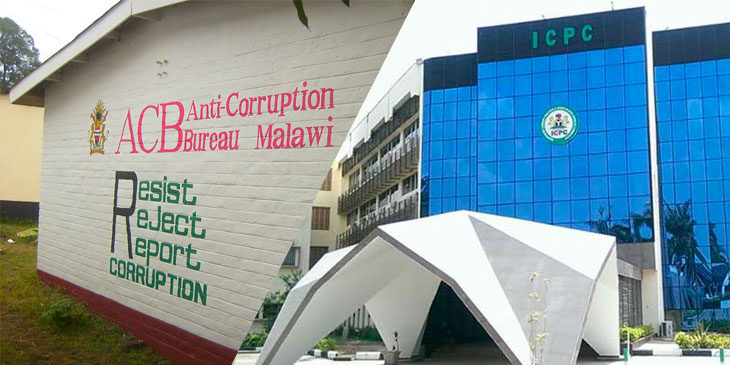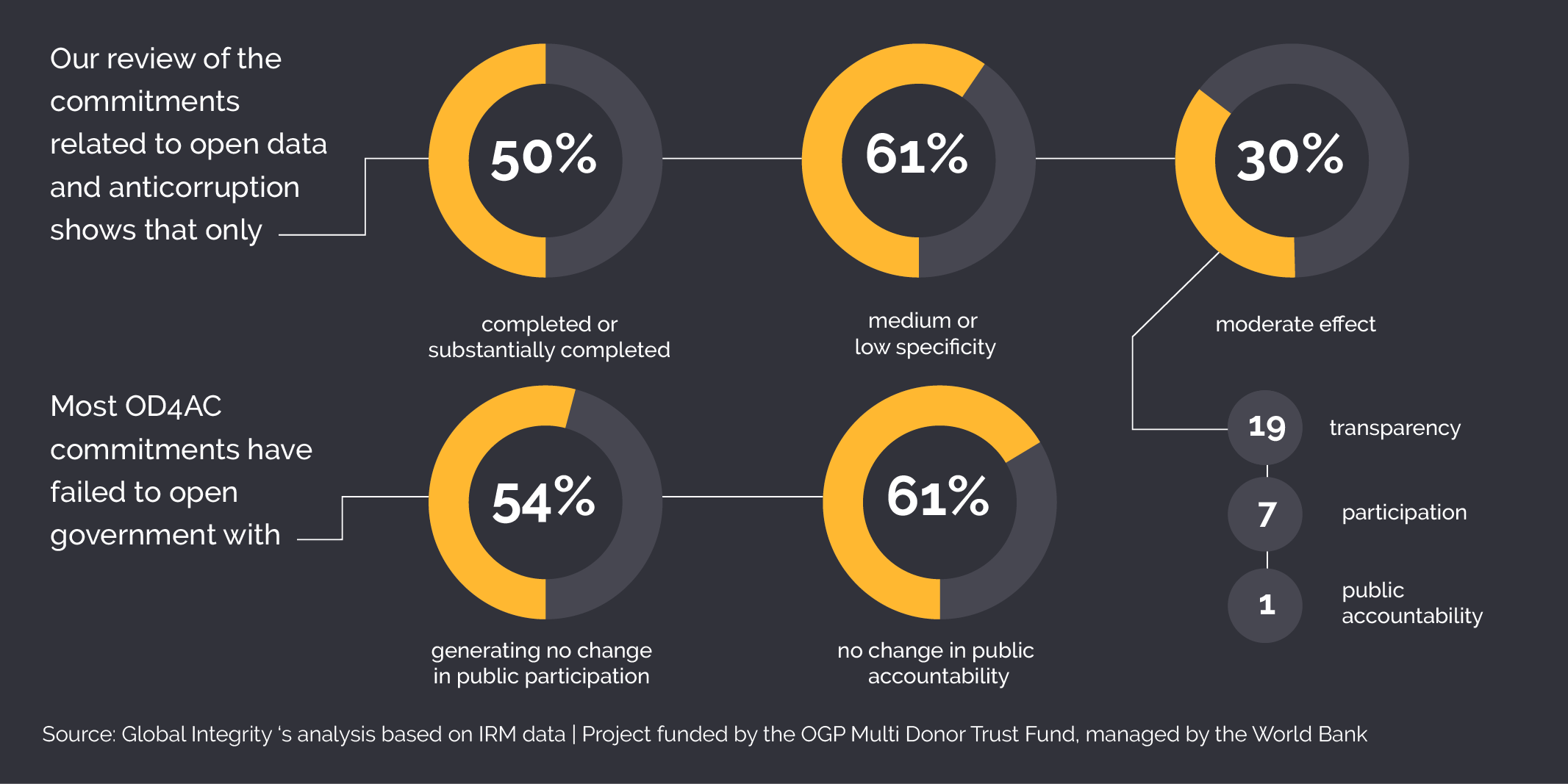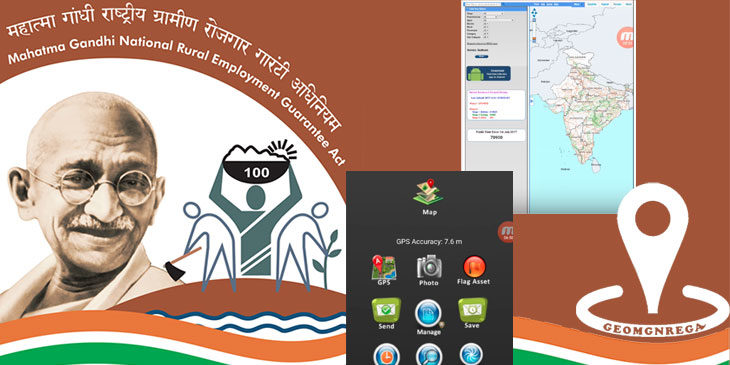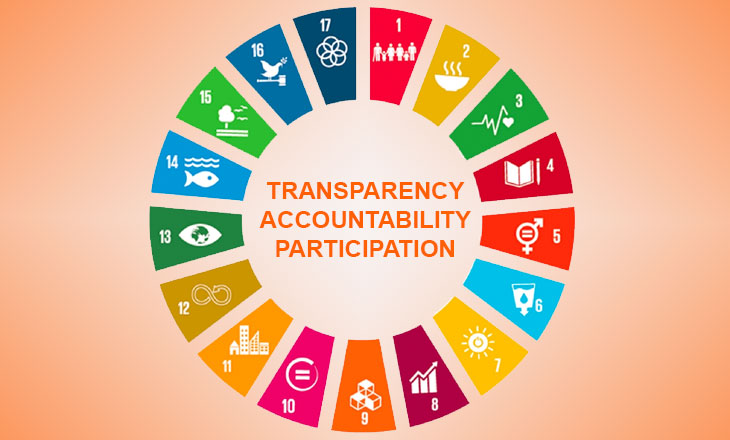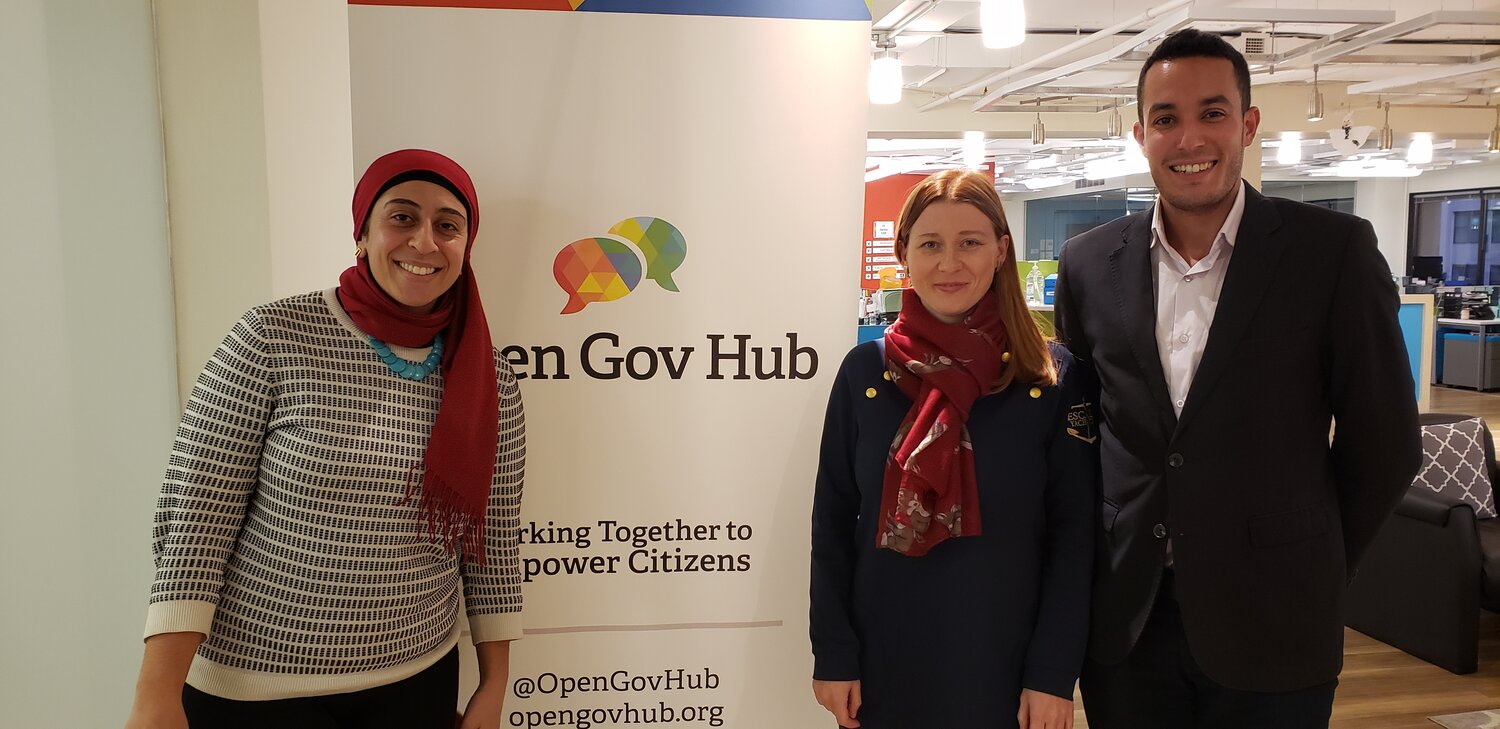African anti-corruption agencies and the problem of independence
Originally published on GI-ACE Anti-corruption law enforcement in Africa is facing multiple challenges, ranging from a lack of resources to the difficulty of producing evidence that holds up in court. This blog post focuses on one aspect of anti-corruption law enforcement that has proven to be particularly challenging: the independence of most African anti-corruption agencies. Originally deemed…
Details